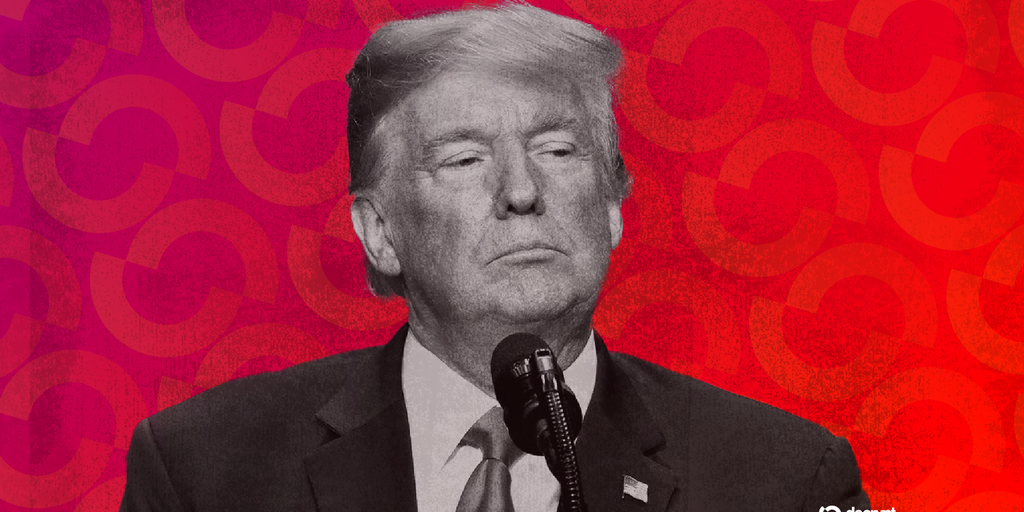
President Donald Trump is pursuing a groundbreaking executive order aimed at standardizing artificial intelligence (AI) regulations across the United States. The proposed order would override individual state laws to establish a unified federal framework, marking a pivotal moment in the development and regulation of AI.
Why Is This Executive Order Important?
With over 1,000 state-level AI bills introduced nationwide, states like California have enacted laws that many businesses find restrictive and complex. California’s SB 53 and SB 243, which mandate risk disclosures for AI developers and enforce chatbot transparency, have been criticized for their ‘onerous’ compliance requirements. Trump’s executive order seeks to eliminate such state-specific hurdles, ensuring that American innovation remains unhindered in the competitive global AI race.
The Key Features of the Proposed Order
The draft executive order, which is still subject to revisions, outlines several major initiatives:
- Federal Oversight: Attorney General Pam Bondi would lead a task force to challenge conflicting state AI laws.
- Funding Restrictions: Federal funding would be limited for states with regulations deemed excessive.
- Guidance From the FTC: The Federal Trade Commission would issue guidelines clarifying how consumer protection laws interact with AI.
- Role of AI Czar: AI and crypto czar David Sacks would oversee much of the policy’s implementation.
Business Implications
Sharon Klein, co-chair of the Privacy, Security & Data Protection Practice at Blank Rome, views the federal framework as beneficial for businesses. “A baseline for compliance is critical for reducing regulatory confusion,” she said. However, Klein cautioned that a one-size-fits-all approach may hinder state-specific emergency responses to AI challenges, such as AI-generated harms or ethical concerns.
Trump has been vocal about the urgency of the matter, warning that regulatory inconsistencies could jeopardize America’s AI leadership. “Without one federal standard, China will surpass us in the AI race,” he stated on Truth Social. He further criticized the integration of ‘Woke AI’ ideologies in certain state frameworks, emphasizing the need to keep innovation free from unnecessary ideological influence.
Products & Resources to Explore
For businesses developing AI tools, clarity and compliance are essential. Tools like AWS AI Compliance Services help navigate regulatory landscapes while maintaining ethical AI standards. Learn more about their solutions to ensure your AI systems are both innovative and regulation-compliant.
Next Steps
As House Republicans work to integrate AI preemption measures into the National Defense Authorization Act, this executive order adds momentum to the push for a federal standard. Whether this move will receive bipartisan support remains uncertain, especially after a similar measure failed in the Senate earlier this year. Nonetheless, the push for centralized AI regulation underscores the growing complexity of governing emerging technologies.
Stay updated with the latest developments in AI policies and their impact on businesses by subscribing to our newsletter for weekly insights.






